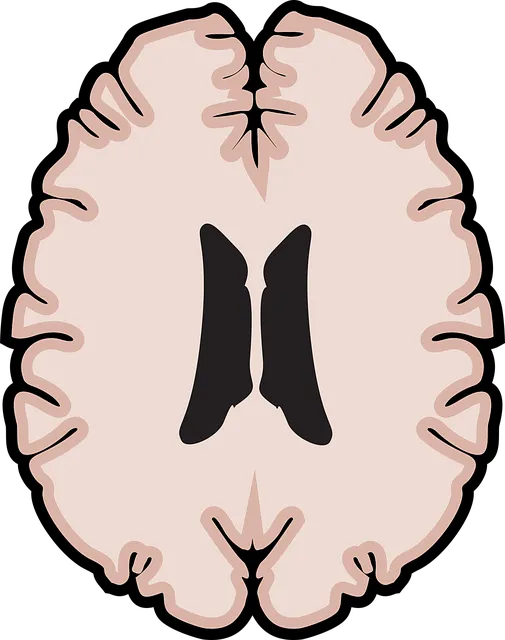Kaiser's inpatient mental health services in Denver, CO, offer Social Skills Training (SST), an evidence-based therapy combining role-playing and group discussions to teach practical social interaction skills. This specialized approach enhances emotional well-being, improves communication, and boosts confidence in navigating social settings for individuals with mental health conditions, particularly depression and mood disorders. SST addresses a gap in traditional therapy, improves quality of life, and aids risk management for healthcare providers, making it a game-changer in inpatient mental health care at Kaiser Denver.
Social skills training is a powerful tool for individuals with mental health conditions, offering a unique approach to enhancing their ability to navigate social interactions. This comprehensive guide explores how such training can significantly benefit patients, especially those considering inpatient mental health services in Denver. We delve into the effectiveness of these programs, focusing on Kaiser’s role and the impact on patient care. Understanding these aspects is crucial for navigating the landscape of mental health support available in Denver.
- Understanding Social Skills Training for Mental Health Conditions
- Does Kaiser Offer Inpatient Mental Health Services in Denver?
- The Impact of Social Skills Training on Inpatient Mental Health Care
Understanding Social Skills Training for Mental Health Conditions

Social Skills Training (SST) is a specialized form of therapy designed to help individuals with mental health conditions navigate and thrive in social environments. It’s particularly relevant for those seeking treatment at facilities like Kaiser’s inpatient mental health services in Denver, CO. SST focuses on teaching practical skills to manage interactions, improve communication, and enhance overall emotional well-being. By learning these techniques, folks can build resilience and better cope with the challenges that often accompany mental health struggles.
This therapeutic approach goes beyond traditional talk therapy by incorporating role-playing scenarios, group discussions, and feedback sessions. Through these activities, individuals gain confidence in their ability to regulate emotions, interpret social cues, and respond appropriately in various settings—from casual conversations to more formal interactions. Ultimately, SST empowers people to participate fully in social activities, fostering a sense of belonging and promoting positive emotional regulation.
Does Kaiser Offer Inpatient Mental Health Services in Denver?

Kaiser is a prominent healthcare provider known for its comprehensive services, including mental health support. In Denver, Kaiser offers both outpatient and inpatient mental health services tailored to diverse needs. Their inpatient facilities provide intensive care and treatment for individuals experiencing severe mental health crises or requiring close monitoring during recovery.
The range of services available at Kaiser Denver’s inpatient mental health units is extensive, encompassing various therapeutic approaches. This includes individual therapy, group counseling sessions, and specialized programs focusing on areas like trauma recovery, anxiety management, depression treatment, and more. Additionally, Kaiser prioritizes culturally sensitive care, incorporating Self-Awareness Exercises to enhance understanding of one’s mental health journey while also addressing the unique needs of different cultural backgrounds during the Risk Assessment for Mental Health Professionals.
The Impact of Social Skills Training on Inpatient Mental Health Care

Social Skills Training (SST) has emerged as a powerful tool within inpatient mental health care, particularly in facilities like Kaiser’s Denver locations. This evidence-based approach significantly enhances patient outcomes, especially for those struggling with conditions such as depression and other mood disorders. SST focuses on teaching individuals essential social interaction skills, fostering better communication, and promoting positive relationships, all of which are crucial aspects of recovery.
By integrating these training programs into inpatient settings, mental health professionals can address a critical gap in traditional therapy models. The impact is profound; patients learn to navigate social situations with more confidence, improving their overall quality of life. Additionally, this strategy aids in risk management planning for healthcare providers by equipping them with the tools to handle and prevent potential incidents related to depression prevention. Mind Over Matter principles are at the core of SST, empowering individuals to take control of their mental health through practical, interactive sessions that have been proven effective in numerous studies.
Social skills training has emerged as a valuable component of inpatient mental health care, particularly for conditions like anxiety and depression. By focusing on improving communication, empathy, and social interactions, these programs can significantly enhance recovery outcomes. In the context of Denver, Kaiser’s inpatient mental health services play a crucial role in providing such training, fostering a supportive environment that encourages growth and understanding among patients. This integrated approach not only addresses individual symptoms but also prepares individuals to navigate social situations more effectively upon discharge, ultimately contributing to improved long-term mental well-being.






